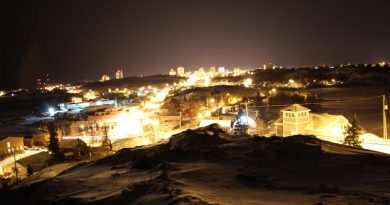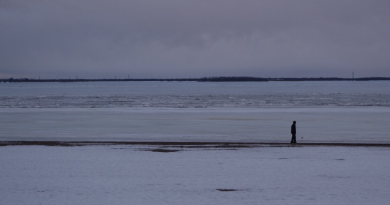Ontario gives $3.3 million to Ottawa Inuit org to help survivors of human trafficking
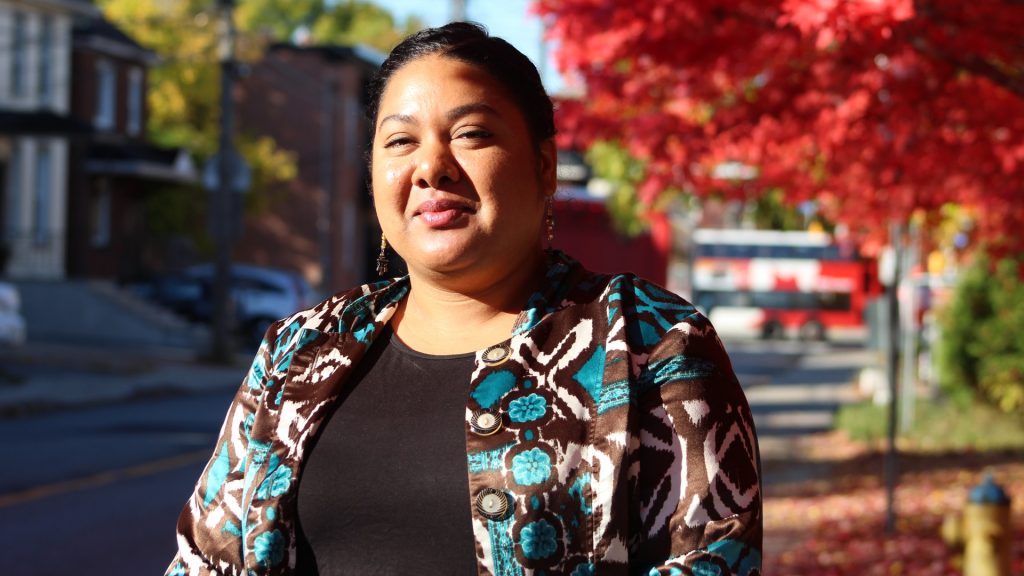
Tungasuvvingat Inuit (TI), the counselling and resource centre for Inuit in Ottawa, is receiving $3.3 million from the province of Ontario’s human trafficking strategy.
The funding will go towards the TI Alluriarniq program that helps survivors of human trafficking and current and past sex workers.
“For individuals working through the violence and experience of being trafficked, healing takes time, and trauma-work often out-lives project funding,” said Jennisha Wilson, the Alluriarniq program manager, in a news release December 14.
“This investment provides significant support for Inuit survivors of human trafficking who have trusted Tungasuvvingat Inuit to help them on their healing journey from sexual exploitation.”
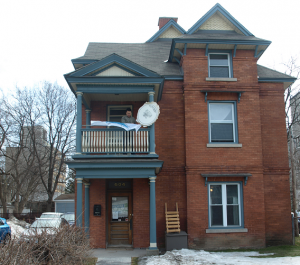
Ontario’s anti human trafficking strategy 2020-2025 describes sexual exploitation and sex traffcking as …”one of the fastest growing crimes worldwide” and has pledged $46-million spread out over 27 projects in the province.
The strategy also highlights the vulnerability of Inuit and First Nations Canadians to exploitation.
“As Indigenous women and girls are particularly targeted, it is critical that culturally-appropriate supports are available,” the government of Ontario says on their website.
Inuit-specific resource
Among other initiatives, TI says the new funding will enable them to help more survivors of human trafficking as well as hire, mentor and train more full-time Inuit workers for the program.
“TI and the Alluriarniq program are grateful and will continue to provide on-the-ground immediate support to Inuit being recruited and groomed for sexual exploitation,” Wilson said.
“This work is essential and timely; human trafficking continues to disproportionately impact Indigenous communities. As TI, as an organization provides supports to urban Inuit, it should be noted that urban environments add a level of complexity to this issue as some Inuit are dealing with racism, discrimination, and socioeconomic disparities.”
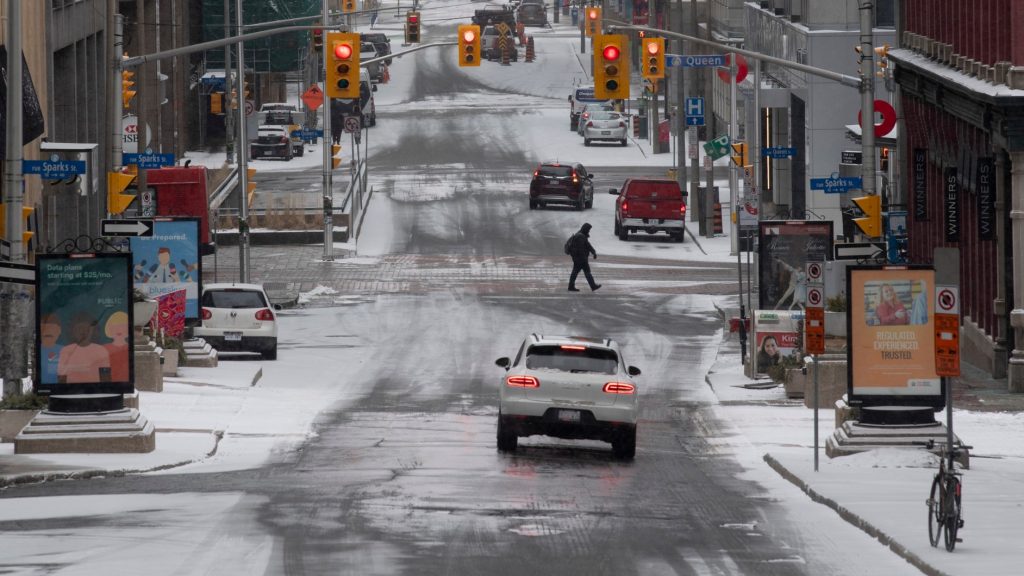
Since 2017, TI says Alluriarniq has supported more than 75 Inuit leaving sexual exploitation circumstances and has helped over 2000 Inuit in the streets through mobile outreach.
Write to Eilís Quinn at eilis.quinn(at)cbc.ca
Related stories from around the North:
Canada: National inquiry calls murders and disappearances of Indigenous women a ‘Canadian genocide’, CBC News
Finland: Swedish-speaking Finnish women launch their own #metoo campaign, Yle News
Sweden: Report sheds light on Swedish minority’s historic mistreatment, Radio Sweden
United States: Alaska reckons with missing data on murdered Indigenous women, Alaska Public Media

